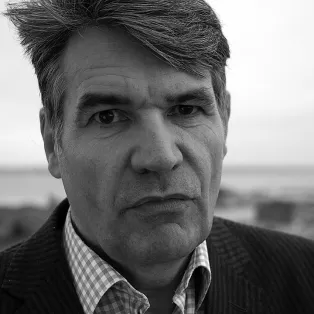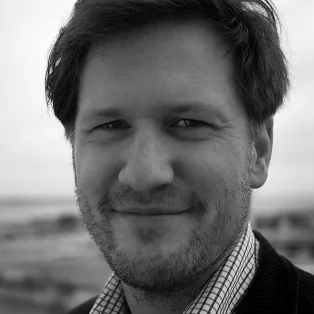NEMO
New Media and Modern Democracy
The NEMO project has been a three-year research project, finished December 2014, which aims to develop new knowledge and explore new ways of understanding the significance of social media and online communication for individuals and organizations in a thriving democratic society.
NEMO research is underpinned by four key themes that come together to inform fresh thinking about the broader implications of evolving media technologies for participation and decision-making in a flourishing, inclusive and sustainable democratic society.
- The Public Perspective
- The Personal Perspective
- The Organizational Perspective
- The Knowledge Perspective
NEMO has contributed to the expansion of academic research at Campus Helsingborg, and forge closer links with the city of Helsingborg and the surrounding region.
Within the NEMO project has been smaller projects such as
- Adjudication as Democratic Practice: Discourses on Court Decisions in a New Media Landscape | Marja Åkerström
- H@bermas 2.0: The Ecology of the User-Generated Public Sphere | Howard Nothhaft
- The Dream of Enlightenment within Reach? | Howard Nothhaft
- Swarming for Democracy: A New Culture in Political Communication | Howard Nothhaft
H@bermas 2.0: The Ecology of the User-Generated Public Sphere
On the last page of his three-volume masterpiece Information Age, Manuel Castells arrived at a fairly optimistic conclusion. On the last page of his three-volume masterpiece Information Age, Manuel Castells arrived at a fairly optimistic conclusion. On the eve of the 20th century Castells contended that human society might well stand on the doorstep of a bright future: ‘The dream of Enlightenment, that reason and science would solve the problems of humankind,’ Castells writes, ‘is within reach.’ Far from being naively utopian, however, Castells made it clear, that he considers the door closed at present, even blocked. ‘Our economy, society and culture’, Castells argued, ‘are built on interests, values, institutions and systems of representation that, by and large, limit collective creativity, confiscate the harvest of information technology, and deviate our energy into self-destructive confrontation.’
The aim of this project, which comes in two parts, was to explore what consequences the emergence of New Media had, has and could have for ‘modern’ democracies and community engagement. The issue under scrutiny is whether ‘electronic democracy’, ‘internet democracy’, ‘digital democracy’, ‘social media democracy’, ‘user-generated democracy’ and so on, could turn out to be the very ‘institutions and systems of representation’ Castells had in mind.
Swarming for Democracy: A New Culture in Policial Communication
Our project is both, a case study on a prominent communicative conflict and a theoretical reflection on communication as a swarming phenomenon. We are analyzing the process leading to the former German defence minister Guttenberg’s demission on March 01, 2011.
An intense communicative conflict took place during the two weeks preceding this event: An internet-based swarm of several thousand activists engaged in a painstakingly detailed search for plagiarized passages in Guttenberg’s PhD-dissertation. The Wiki they used as an organizational platform and for documentary reasons immediately became a central ‘actor’ in this conflict. It served as a central source of information for journalists as well as for many citizens – with about 10,000,000 page hits in these two weeks. Arguably, it was this detailed documentation of malpractice, open to all, that finally forced the minister to resign.
The importance of this project lies in its significance for a general development in modern democracy: Conflicts between internet-based swarms and traditional politics seem to announce a new culture in political communication, which challenges recent understandings of politics as well as recent understandings of communication.
Forskare
Philip Young
Projektledare
E-mail:Philip [dot] Young [at] isk [dot] lu [dot] se
Tel: 042-35 65 87
Howard Nothhaft
E-post: howard [dot] nothhaft [at] isk [dot] lu [dot] se (howard[dot]nothhaft[at]isk[dot]lu[dot]se)
Telefon: +46 42 35 65 09
Marja Åkerström
E-post: marja [dot] akerstrom [at] isk [dot] lu [dot] se (marja[dot]akerstrom[at]isk[dot]lu[dot]se)
Telefon: +46 42 35 66 06

NEMO Blog
Read more about the Nemo project




